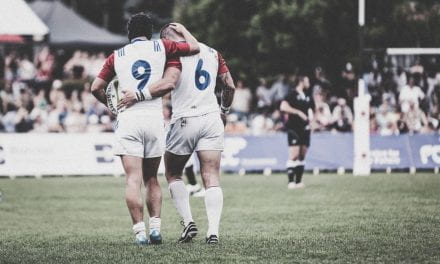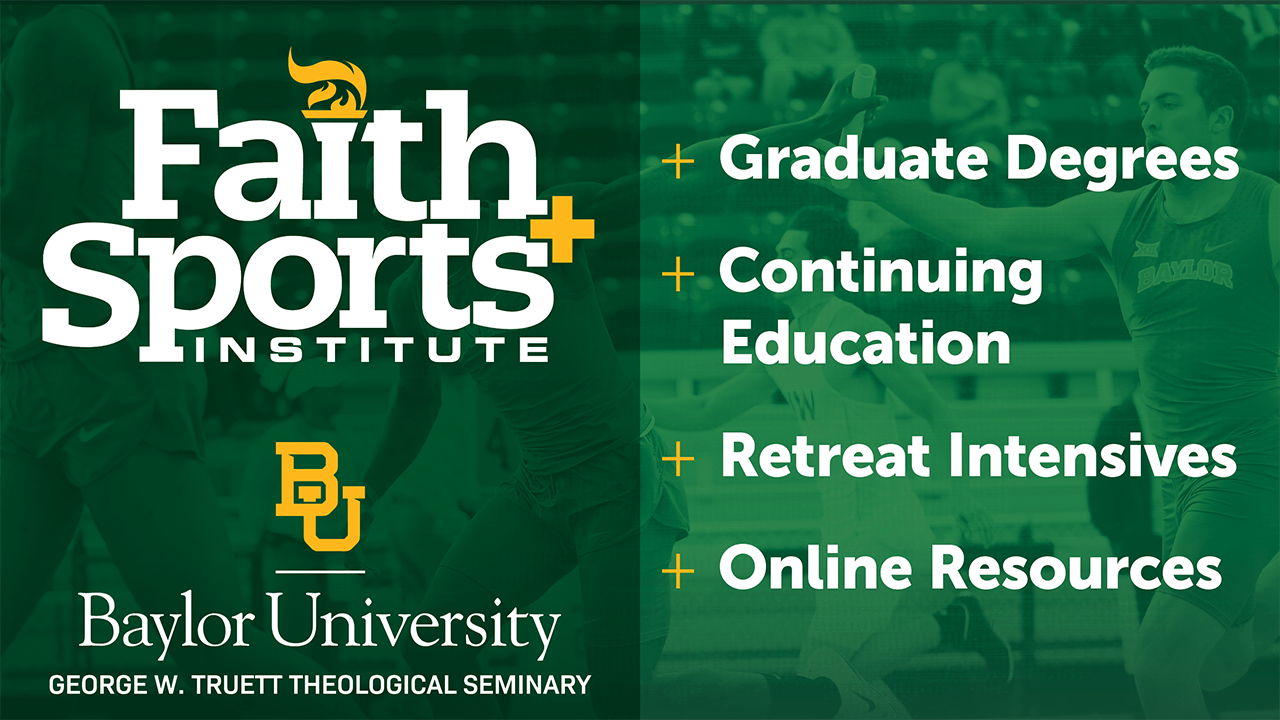Editor’s note: This post comes from McGee Nall, a runner and writer who serves as a full-time copywriter for Magnolia.
McGee Nall
I hope there’s some sort of special reward in heaven for people who continuously do things they’re not good at, because running has never been easy for me, and I’ve been doing it for 13 years.
My running journey began when I was in sixth grade. To this day, I couldn’t tell you why I decided to try track. I’ve never been fast—ever. Sure, I’ve had a few moments of personal victory, but those times never kept me at the front of the pack. I have, however, had plenty of mishaps and obstacles to overcome.
Like when I disqualified my team in the 4×100 meter dash because I didn’t pass the baton fast enough. Or when I only made it three feet in long jump. Or in eighth grade when I started the season late because I bruised my ACL from dancing in the bathroom (don’t ask). Or later in high school when I ran cross country and my coaches scratched their heads at my funny right knee that always turned inward. Or in college when I trained for a half marathon and didn’t realize until three days before race day that it had been canceled—a month prior. Or last year when I was training for another half marathon. During the eight-mile day I was so discouraged mentally and physically that I sat down on the curb in a random neighborhood and cried.
Weird form. Slow times. Mental weakness. Injuries. You name it, I’ve probably struggled with it during my running journey. Sometimes me and running feel like a square peg and a round hole—just not quite cut out for each other.
Maybe you can relate. Maybe you’ve had your own shortcomings in your sport. Maybe you, like me, have wondered if your peak is in the past and it’s all downhill from here. Maybe you’ve wondered if you should leave it behind.
So why do it?
I think my surface-level answer is that a thirteen-year habit is a hard one to break, especially if you started at a young age. And yes, I run for the reasons a lot of people do—the ability to explore new places and soak up the scenery, the “high” you feel when your body and breath is in perfect rhythm and you glide with ease, the challenge to see what you’re capable of, the chance to leave technology behind and connect with God.
But I think the real answer goes a lot deeper than that. I keep running because deep down I believe that hard things are good things. I believe that difficulty—the kind you face when you’re trying something new or doing something you’re not good at—has the potential to produce something in us that’s worth striving for.
First off, doing hard things produces endurance. That’s a trigger word for most athletes, right? Especially runners. Here’s what James has to say about it:
Consider it all joy, my brethren, when you encounter various trials, knowing that the testing of your faith produces endurance. And let endurance have its perfect result, so that you may be perfect and complete, lacking in nothing. (James 1:2-4)
If you don’t have mental or physical endurance as a runner, then it’s difficult to produce the kind of speed or distance you’re aiming for. The same thing can be said of our faith—if we seek out comfort and avoid trials, then our faith will be a finicky belief that will break under the weight of a coming tide, or at least never mature into the kind of faith God desires for us (Heb. 5:11-14).
When you or I push through a tough run, we don’t automatically grow in our faith. But we do cultivate the habit of endurance. We experience what it is like to persevere. And by doing this on a small scale, like when we run, by God’s grace we can grow more capable of enduring the bigger trials that will inevitably come our way.
Along with building our endurance, doing hard things can also help produce holiness.
The writer of Hebrews talks about this in chapter 12 in reference to God disciplining us and convicting us of sin. The Greek word for discipline here is paideia, which includes both the training of the mind and body. There’s some tough love in this passage, with words like “scourges.” But as it is with any good parent or coach, the discipline is proof of love. And it brings a reward: “He disciplines us for our good, so that we may share His holiness” (v. 10).
The difficult training runners go through for “a crown that will not last” can help to remind us of the training and discipline God calls us to for “a crown that will last forever” (1 Cor. 9:25).
And the ultimate reason why we can and should do hard things? Because Jesus did.
For consider Him who has endured such hostility by sinners against Himself, so that you will not grow weary and lose heart. (Heb. 12:3)
How many times have you felt weary during a tough training day? Lord knows I have. But we can let this weariness remind us of our dependence on the One who endured the hardest thing of all. We can let it remind us that even more important than the way hard things develop our strength is the way that they reveal our weakness. They bring us up against our limitations—like when we can do nothing else but plop down on a curb in the middle of a random street, crying in despair.
It’s in those moments I question why I run. It’s in those moments that God so often meets me in my weakness.
And it’s those moments that make it so much sweeter when God grants me that glorious kind of run. The kind where my legs feel strong, my breath sharp but rhythmic, my arms hot from pumping back and forth. The world feels wide and I feel alive. And I remember—all of those hard runs were worth it.
 About the author: McGee Nall is a full-time copywriter for Magnolia in Waco, Texas. She graduated with a B.A. in Journalism at the University of Georgia, and her work has appeared in Magnolia Journal, Runner’s World, and Paste Magazine. McGee grew up playing volleyball and running track and cross country, and she still continues to run and race today.
About the author: McGee Nall is a full-time copywriter for Magnolia in Waco, Texas. She graduated with a B.A. in Journalism at the University of Georgia, and her work has appeared in Magnolia Journal, Runner’s World, and Paste Magazine. McGee grew up playing volleyball and running track and cross country, and she still continues to run and race today.






